Nobles by the right of an earlier creation, and priests by the imposition of a mightier hand
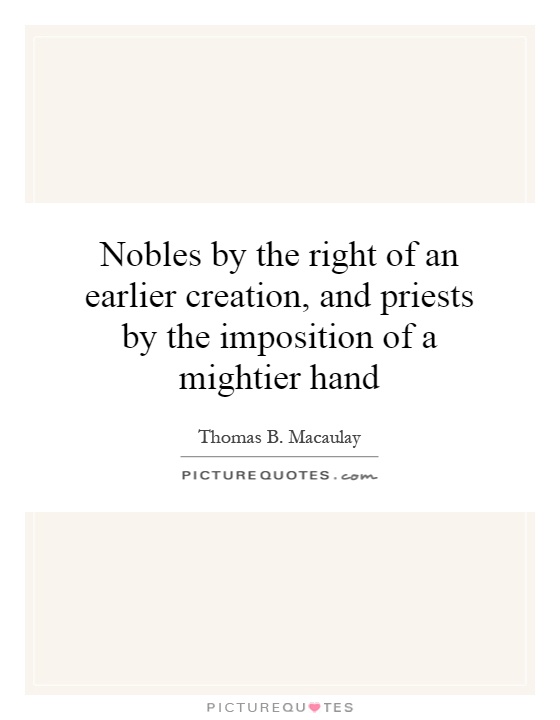
Nobles by the right of an earlier creation, and priests by the imposition of a mightier hand
In his famous essay on Lord Byron, Thomas B. Macaulay famously wrote, "Nobles by the right of an earlier creation, and priests by the imposition of a mightier hand." This powerful statement encapsulates the idea that both nobles and priests derive their authority from different sources, but both hold significant power and influence in society.Nobles, by the right of an earlier creation, refers to the hereditary nature of nobility. In many societies, nobility is passed down through generations, with titles and privileges being inherited by the eldest son or closest male relative. This system of hereditary nobility has been a cornerstone of many societies throughout history, with noble families holding significant power and influence over the political, social, and economic landscape. Macaulay's reference to nobles as being created earlier suggests that their authority is deeply rooted in tradition and history, giving them a sense of legitimacy and entitlement to their position of power.
On the other hand, priests derive their authority from the imposition of a mightier hand. This refers to the religious authority that priests hold, which is often seen as being bestowed upon them by a higher power or divine being. In many societies, priests are seen as intermediaries between the people and the divine, with the power to interpret religious texts, perform sacred rituals, and guide the spiritual lives of their followers. This authority is not based on heredity or lineage, but rather on a divine calling or appointment, giving priests a sense of moral and spiritual authority over their followers.
Macaulay's juxtaposition of nobles and priests highlights the different sources of authority that each group holds, but also suggests that both play important roles in shaping society. Nobles may hold political power and influence, while priests may hold spiritual and moral authority, but both groups have the ability to shape the beliefs, values, and behaviors of the people they serve. Ultimately, Macaulay's statement serves as a reminder of the complex interplay between tradition, religion, and power in society, and the ways in which different sources of authority can shape the social order.

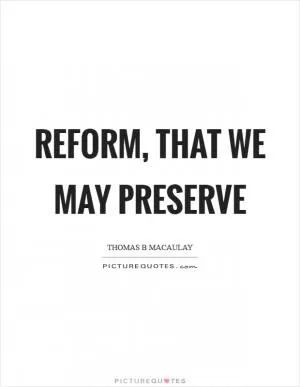

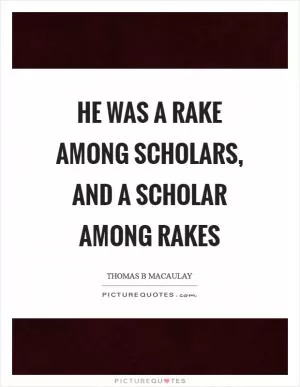

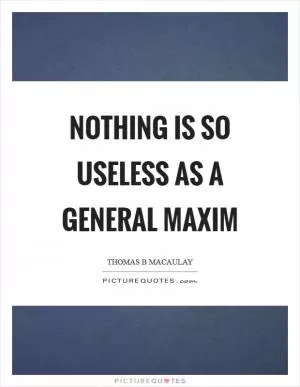
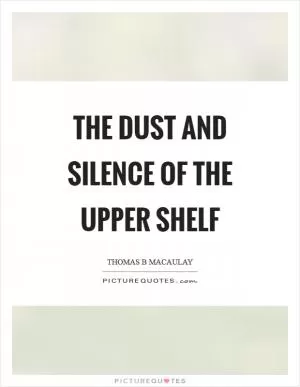
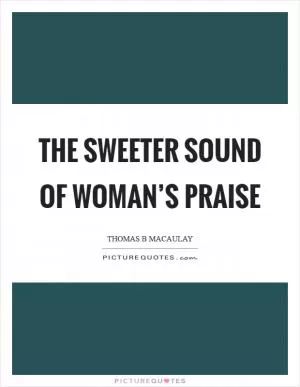


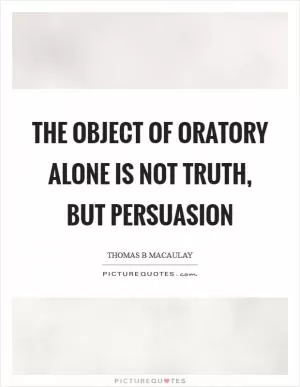
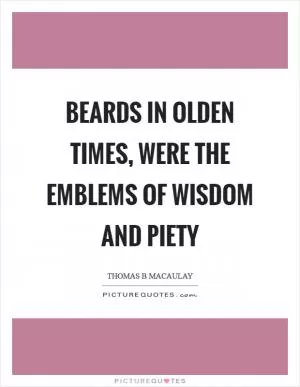
 Friendship Quotes
Friendship Quotes Love Quotes
Love Quotes Life Quotes
Life Quotes Funny Quotes
Funny Quotes Motivational Quotes
Motivational Quotes Inspirational Quotes
Inspirational Quotes